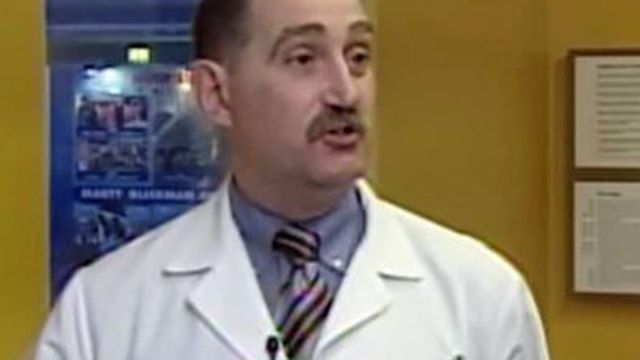Doctors: Kidney swapping could save more lives
Medical experts say there are more than 80,000 Americans waiting for a kidney. But each year there are only 17,000 transplants.
Posted — UpdatedRecently, New York-Presbyterian, the university hospital of Columbia and Cornell, celebrated more than 3,000 kidney transplants since their first in 1969.
When Dave Dorlen's kidneys failed five years ago, his wife Rosiland offered to donate.
“However, my husband was not an appropriate recipient because of the difficulties with the match,” Rosiland Dorlen said.
A similar situation happened for Tom Packard. His fiancee, Ann Heavner, wasn't a matching donor.
“All of us knew we didn’t have too much longer and then a miracle occurred,” Heavner said.
Doctors discovered there were matches between the two couples. Rosiland Dorlen donated her kidney to save Packard and Heavner donated her kidney to Dave Dorlen.
The process is known as kidney swapping.
Medical experts say there are more than 80,000 Americans waiting for a kidney. But each year there are only 17,000 transplants.
Doctors say they hope kidney swaps will make more organs available and save more lives.
Dr. Lloyd Ratner, a transplant surgeon at New York-Presbyterian, said kidney swapping could potentially increase the number of live donors by one-third.
Monday was the five-year anniversary of the kidney swap between the two couples at New York-Presbyterian.
“It was like a gift of life. It really was,” Packard said.
The hospital’s transplant teams said America needs more organ donors of all types to help give others a second chance at life.
• Credits
Copyright 2024 by Capitol Broadcasting Company. All rights reserved. This material may not be published, broadcast, rewritten or redistributed.





